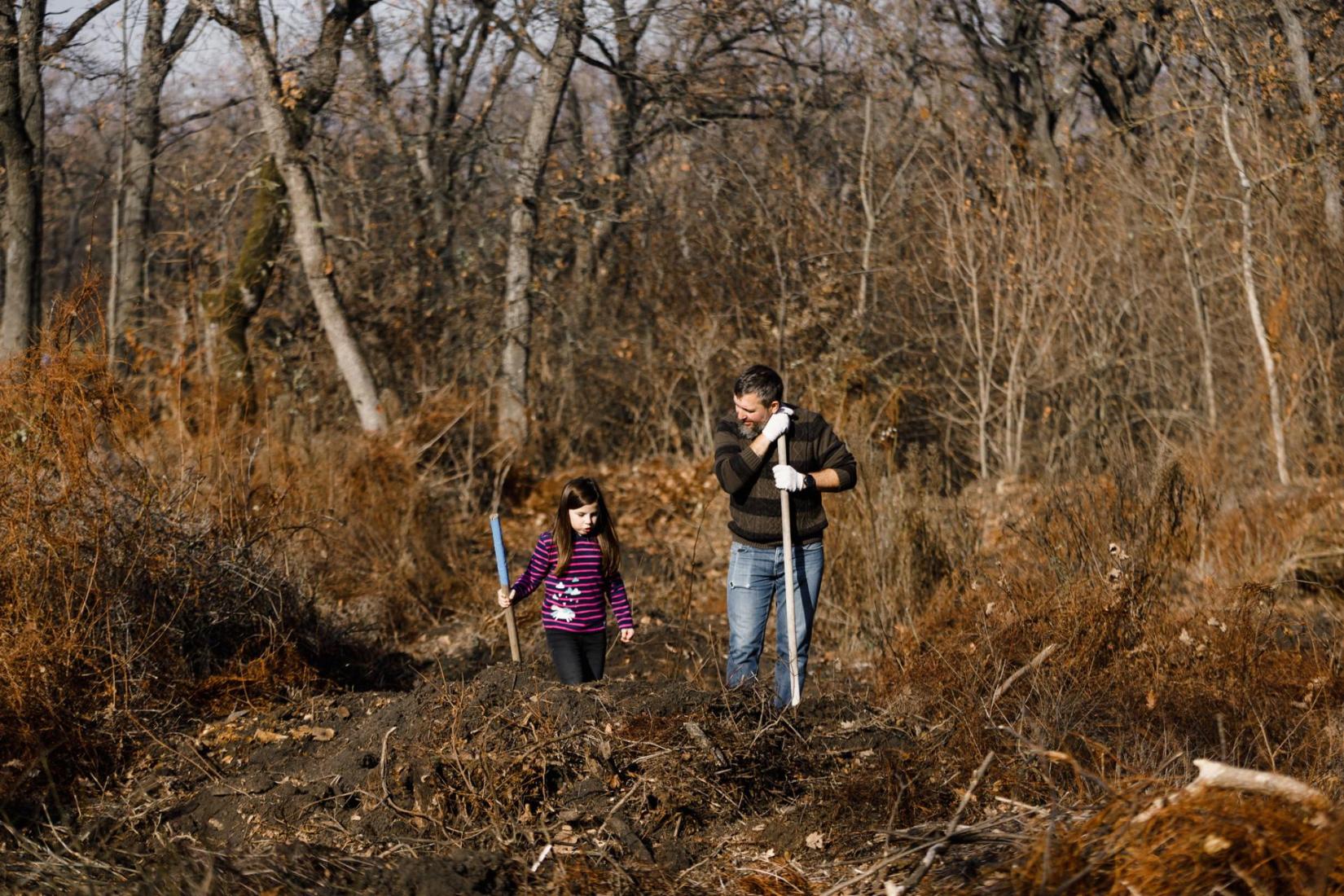With the support of UNDP, the National Climate Change Adaptation Programme until 2030 was publicly consulted
23 February 2023
- The National Climate Change Adaptation Programme until 2030 and its Action Plan were publicly consulted on 23 February 2023 during a meeting organized by the Ministry of Environment.

Representatives of NGOs, the business environment, central public authorities participated in the event. The programme was developed with the support of the UNDP Moldova project “Advancing Moldova’s national climate change adaptation planning”, funded by the Green Climate Fund.
The programme sets objectives aimed at increasing the climate resilience of six priority sectors: agriculture, health, transportation, energy, water, and the forestry sector and is accompanied by an action plan for preventing and overcoming risks and vulnerabilities caused by climate change.
According to Grigore Stratulat, State Secretary at the Ministry of Environment, the Republic of Moldova is already experiencing the effects of climate change and without targeted measures, their impact are projected to intensify in the medium and long term. "The National Climate Change Adaptation Programme until 2030 and the Action Plan set a strategic vision for the adaptation of six priority sectors to the impacts of climate change. Additionally, we aim to develop the needed institutional capacities, increase public awareness on the adaptation process, expand climate change adaptation budgeting, mainstream disaster risks reduction in sectorial strategic planning and increase the resilience of priority sectors through investments and reducing the risk of climate hazards."
The National Climate Change Adaptation Programme until 2030 provides specific interventions for each of the six sectors. In the agricultural sector, for example, the promotion of drought-adapted species, as well as use of the anti-hail nets and measures that would protect crops during early frosts will be encouraged. In the forestry sector, there will be an emphasis on increasing the forested areas, which currently stand at only 11% of the territory of the Republic of Moldova – coverage which is too low to mitigate the effects of climate change. The EU average of forestation, for example, is 30-45%.
Representatives of environmental NGOs present at the consultations had the opportunity to address questions to the national and international consultants who worked on the document and to present solutions to improve it.
The Republic of Moldova is one of the Europe’s most climate change vulnerable countries, particularly prone to floods and droughts. The floods of 2008 alone caused damages worth over US$120 million, and the droughts that occurred between 2007 and 2012 caused economic losses of over one billion dollars, affecting 80% of the country's territory.






